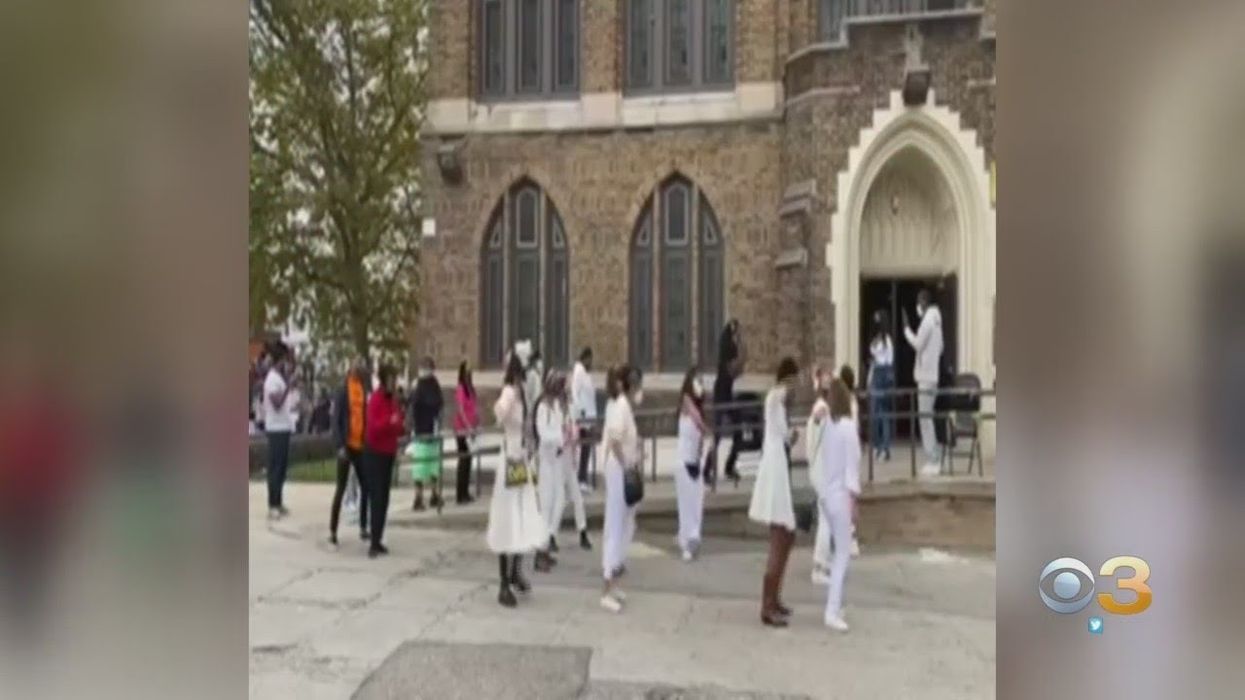Voting in 2020 was never going to be easy. Even before Covid-19 hit, President Trump was seeding fears about this election's integrity, and right-wing operatives were laying plans to suppress Black and Latino votes.
Yet here we are. Nearly 100 million voters have already cast ballots even before Election Day. That's nearly three quarters of all ballots cast in 2016.
This remarkable reality comes amid another resurgence of coronavirus cases. There's record turnout even though Republican lawmakers and elected officials have pulled out all the stops to suppress and silence voters. And it's in the face of violent repression, like that faced by voters in Graham, N.C., over the weekend, when police pepper sprayed a crowd of marchers, including children, on their way to the polls.
Why have Americans faced down disease, complicated and changing election procedures, and the specter of white supremacist violence to vote?
Because we are fed up. Our family members, friends and neighbors are dying — more than 230,000 already. We're facing down the most inequitable economic recovery in modern history. Even with millions rising up in the streets, Black lives are still under attack, and those taking them face few consequences. Our rights to agency in health care are hanging by a thread. Our planet is burning.
And, because we know voting is an act of resistance. But especially this year, voting is an act of joyful resistance. Voting has always been one of the most powerful tools of a justice-seeking people determined to defeat oppression and its propagators. It's how you build a more just, inclusive society. While 2020 may feel unique, the reality is the masses of voters turning out this year are part of a long history. Led primarily by Black Americans, and at times also by indigenous people, Latino people, and other communities of color, there's been a push toward a more equitable, democratic future. We continue making history and building that future by being part of what is likely to be a record turnout.
If you haven't voted yet, join the joyful masses headed to the polls. And, if necessary, join the masses mobilizing in the streets after tomorrow to continue to resist injustice and demand a democracy that works for all of us. After all, voting — coupled with mass mobilization — is what democracy looks like.
Laura Williamson is a senior policy analyst working on voting rights and democracy at Demos. Read more from The Fulcrum's Election Dissection blog.



















